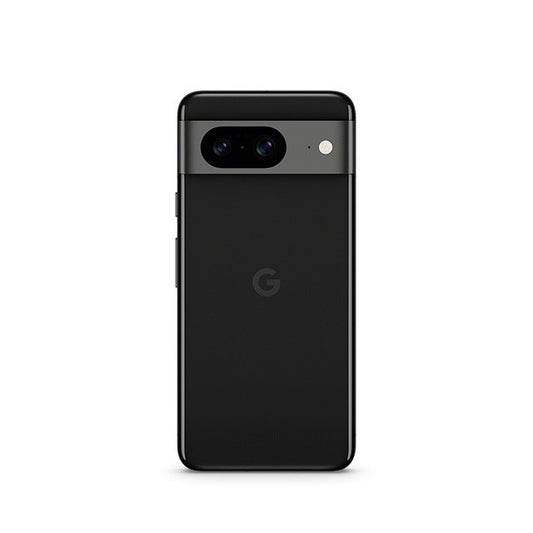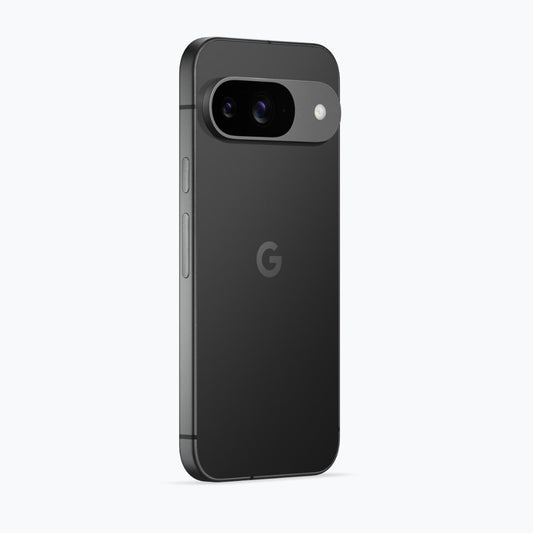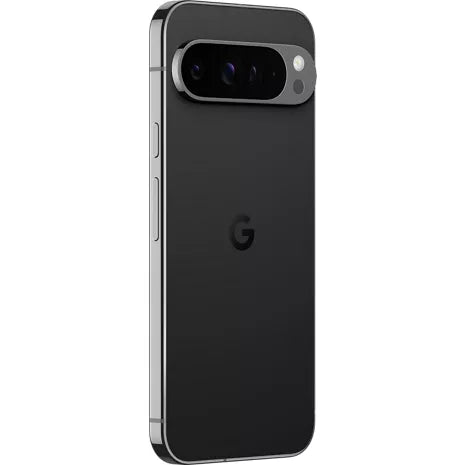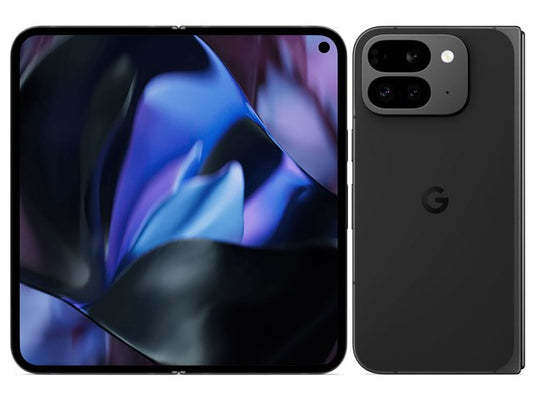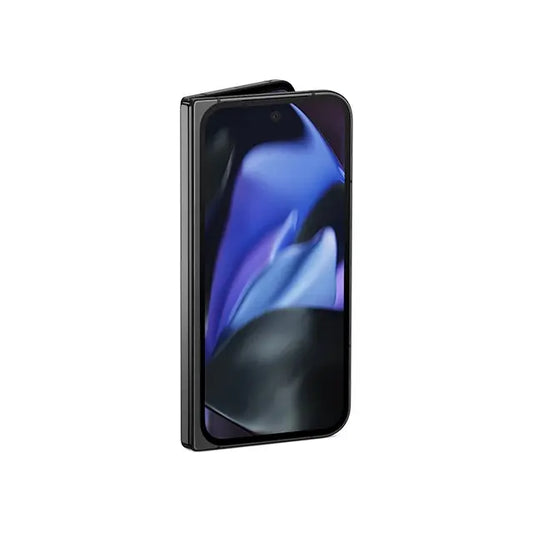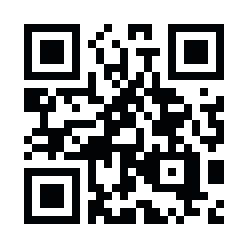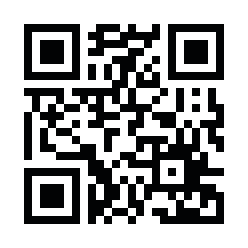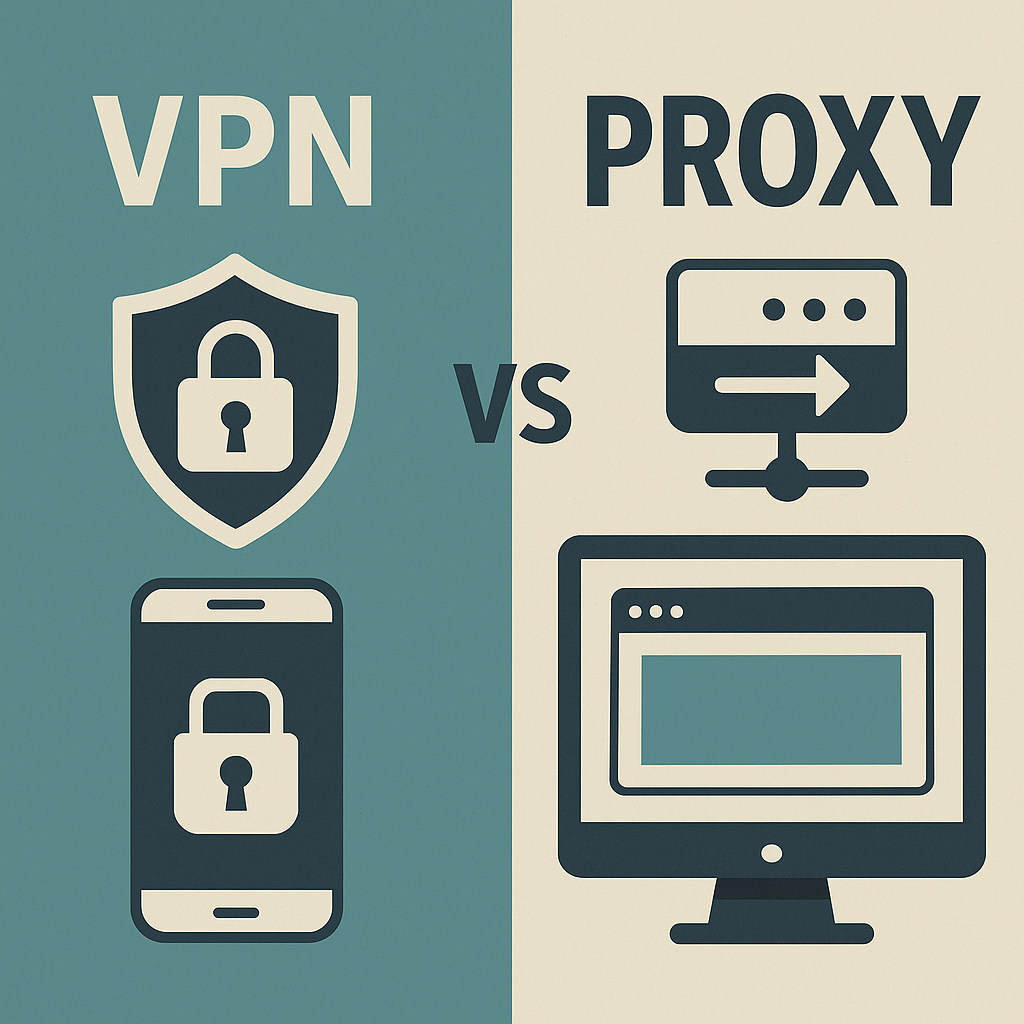
What is the difference between VPN and proxy? What you need to know to consider communication security
When using the internet on your smartphone or computer, have you ever felt uneasy about how much of your communication is being seen?
Information leaks, tracking ads, surveillance society...
At such times, you come across words like "VPN" and "proxy."
But even if you've heard the terms vaguely, many people might not be able to clearly explain the difference.
This time, we will clearly explain the differences between these two and how to use them appropriately in daily life.
A VPN (Virtual Private Network) is, simply put, a system that "protects all communication with a secure tunnel."
Because all information leaving your smartphone passes through the VPN server and is encrypted, even if you use public Wi-Fi, no one can eavesdrop on you.
Also, since it can hide your real IP address, it is excellent in terms of anonymity.
all communications such as social media, apps, and websites are covered.
On the other hand,
You can think of a proxy as a "relay that fetches information on your behalf," which makes it easier to understand.
For example, when you want to access a specific website, the proxy retrieves the page instead of you and then passes it to you.
Your IP address is not visible to the other party, but since the communication itself is often not encrypted, security is limited.
Also, proxies basically only cover communication from browsers or some apps, and do not protect all communication on your smartphone.
So, which should you use? It depends on your purpose.
For example, if you prioritize "security" for everyday uses like checking email or using social media on public Wi-Fi, a VPN is overwhelmingly effective.
On the other hand, if your main purpose is to temporarily watch overseas video sites and bypass regional restrictions, a proxy might be sufficient.
However, caution is necessary with free VPNs and free proxies.
There are even providers that collect and sell communication data. While you should be using it to protect your privacy, it could instead lead to your personal information being handed over.
Choosing a service that claims a no-log policy and can be trusted is the most important premise.
As options to enhance security, VPNs and proxies are very effective means. However, it is important to understand their characteristics and choose the method that suits your usage.
I want to obtain an environment that respects privacy.
As one option to meet such needs, why not reconsider how we handle communications?
| Item | VPN (Virtual Private Network) | Proxy (Proxy server) |
|---|---|---|
| Purpose | Encryption and anonymization of entire communication | IP address spoofing, content mediation (relay) |
| Scope of communication | Protects all communications (entire system) | Only browser or specific app communications |
| Encryption | Present (protects communication content from third parties) | Basically none (often not encrypted) |
| Speed | Usually somewhat slower (due to encryption processing) | Relatively fast (but security is weak) |
| Anonymity | High (IP address + communication content are concealed) | Low (IP can be hidden but communication content is fully visible) |
